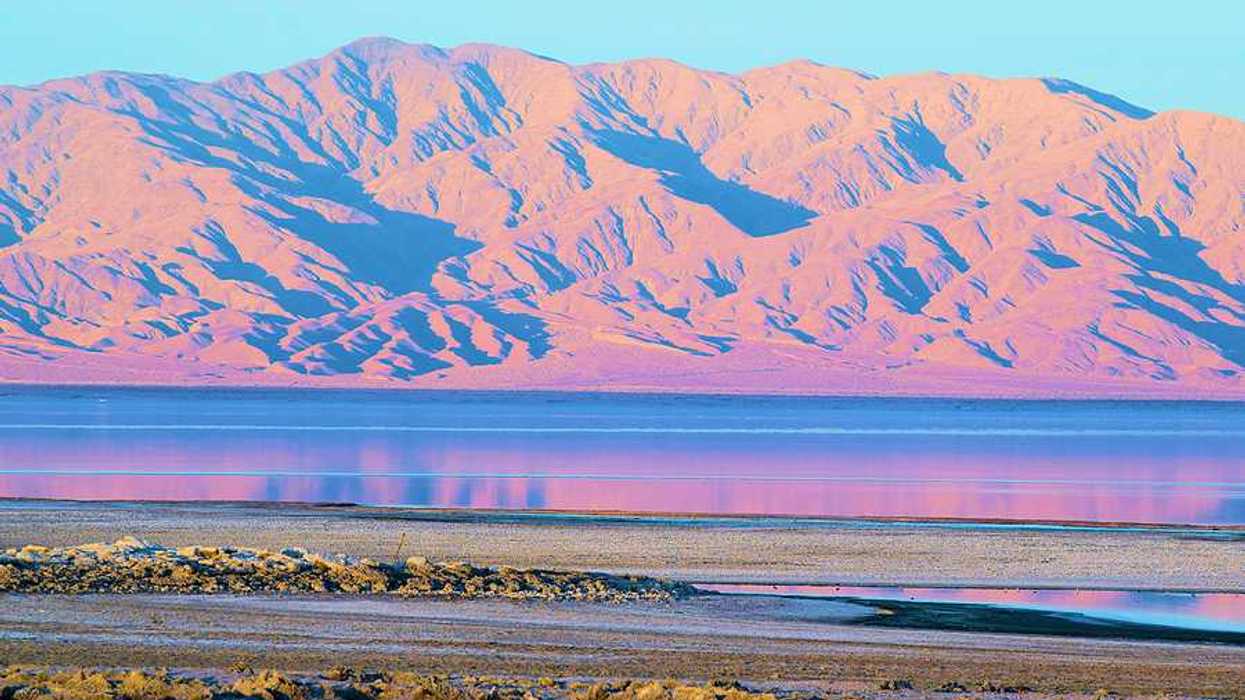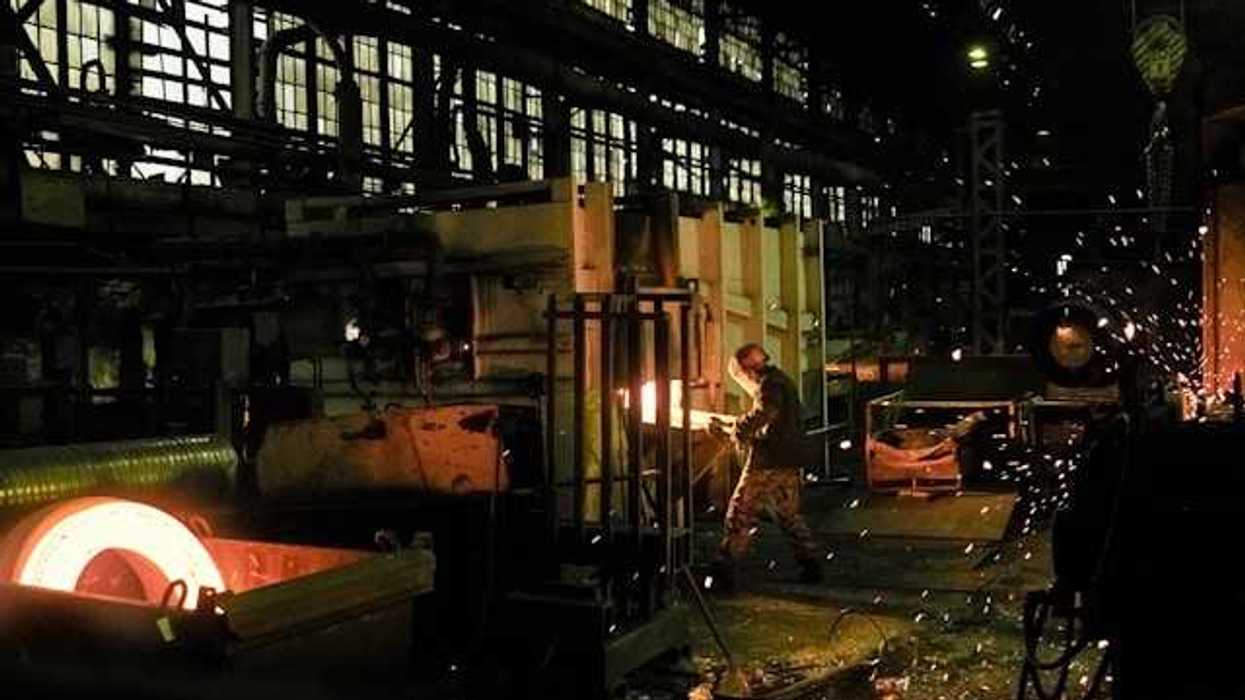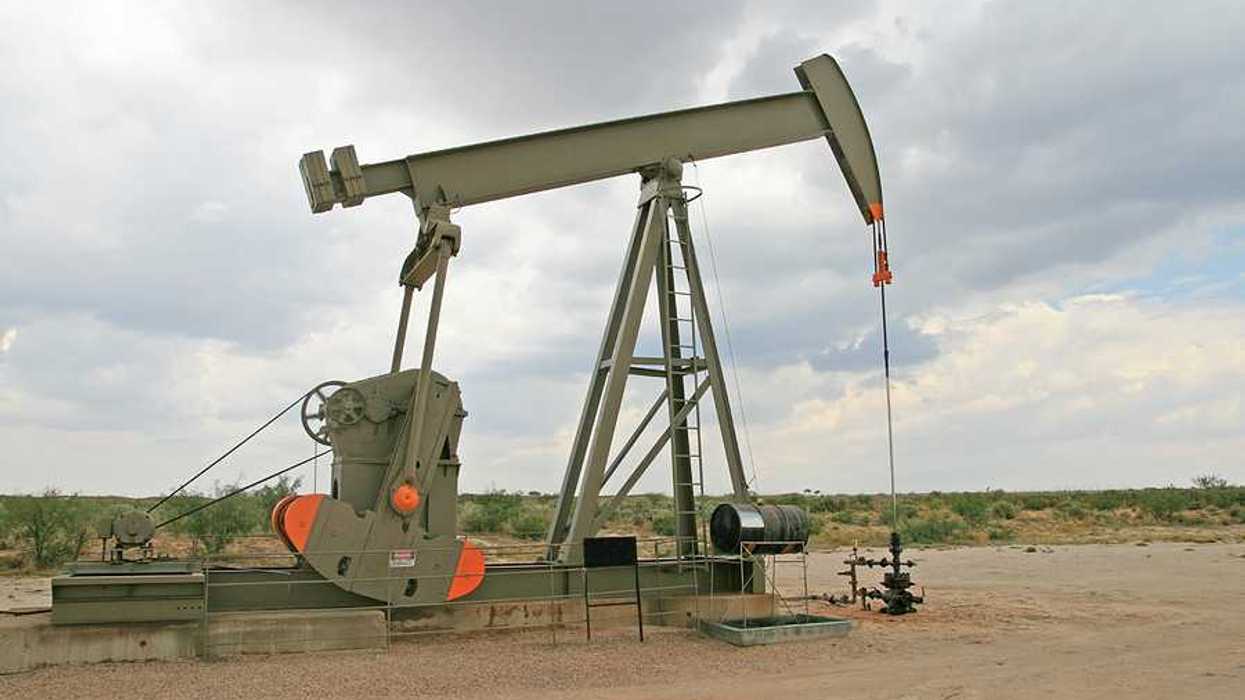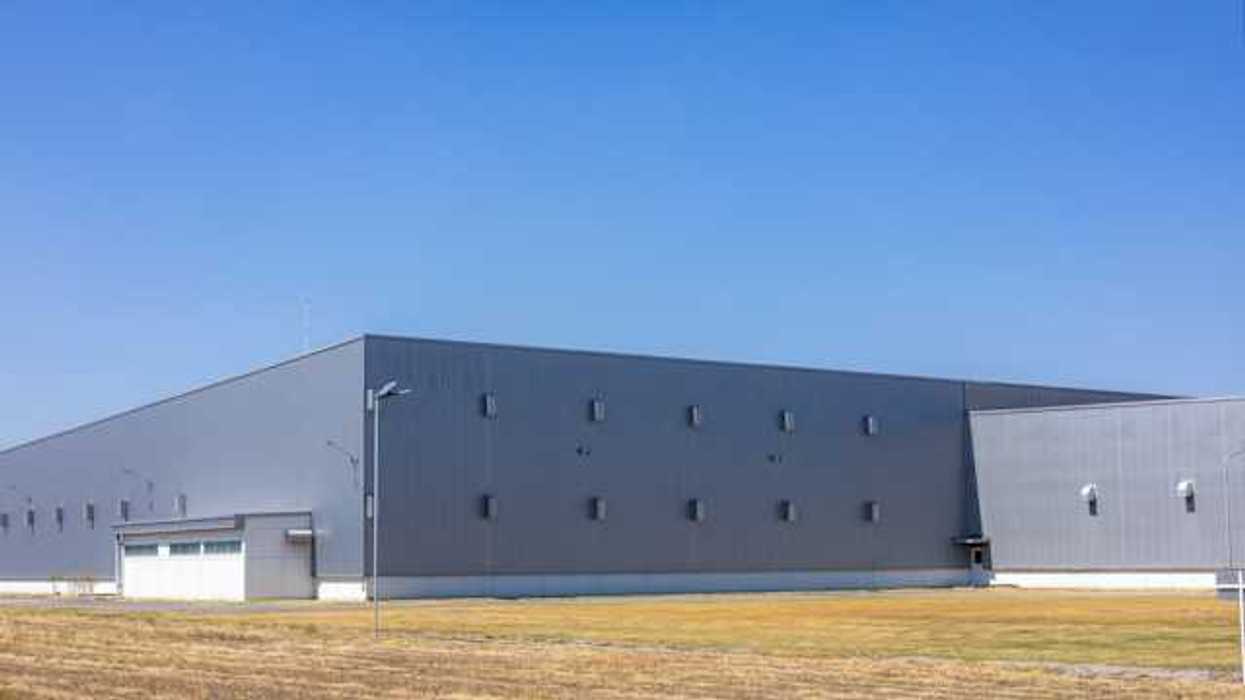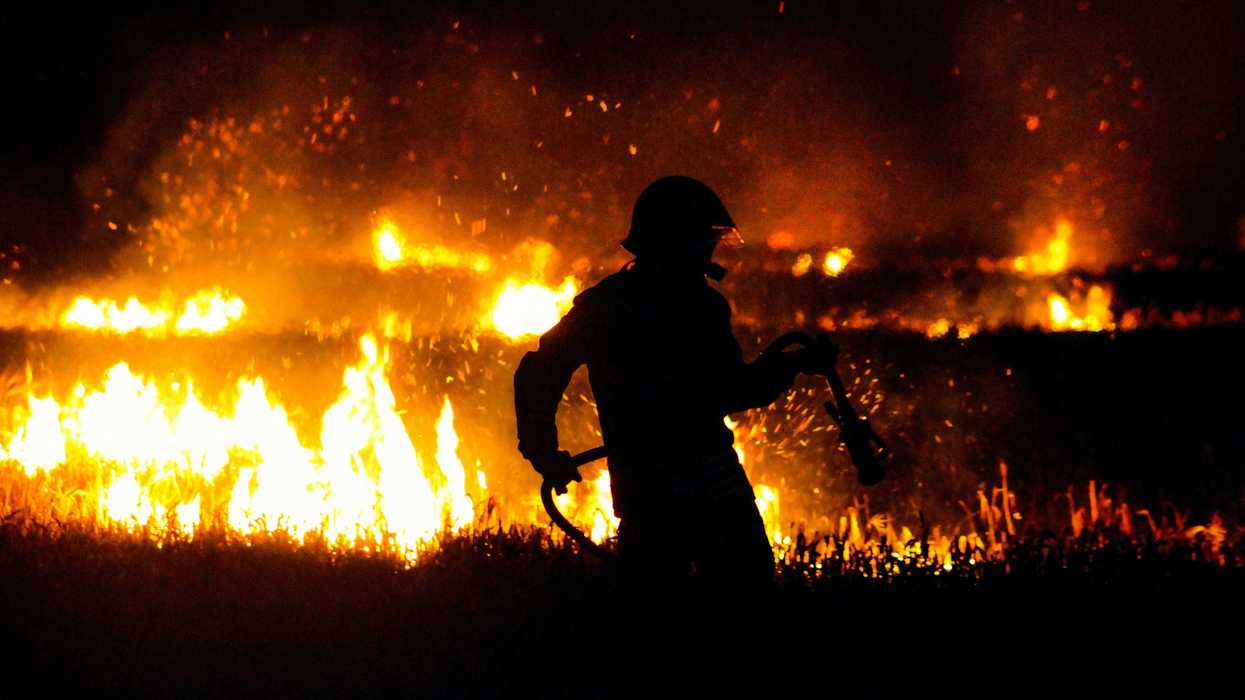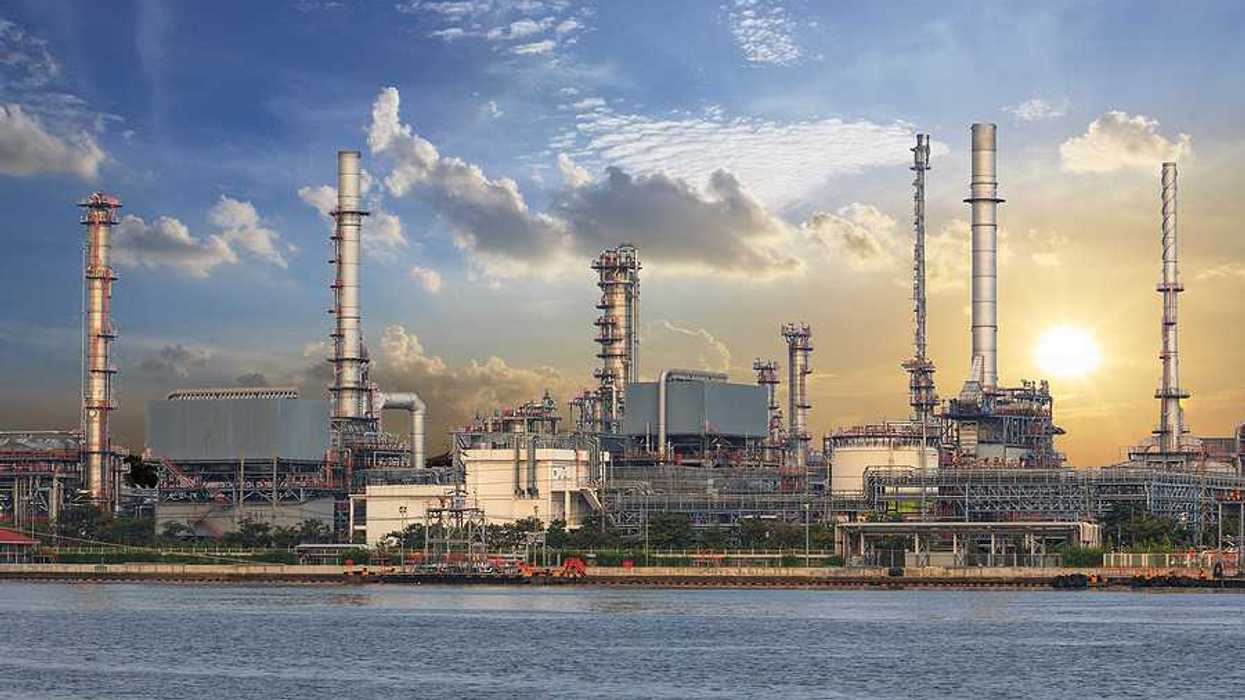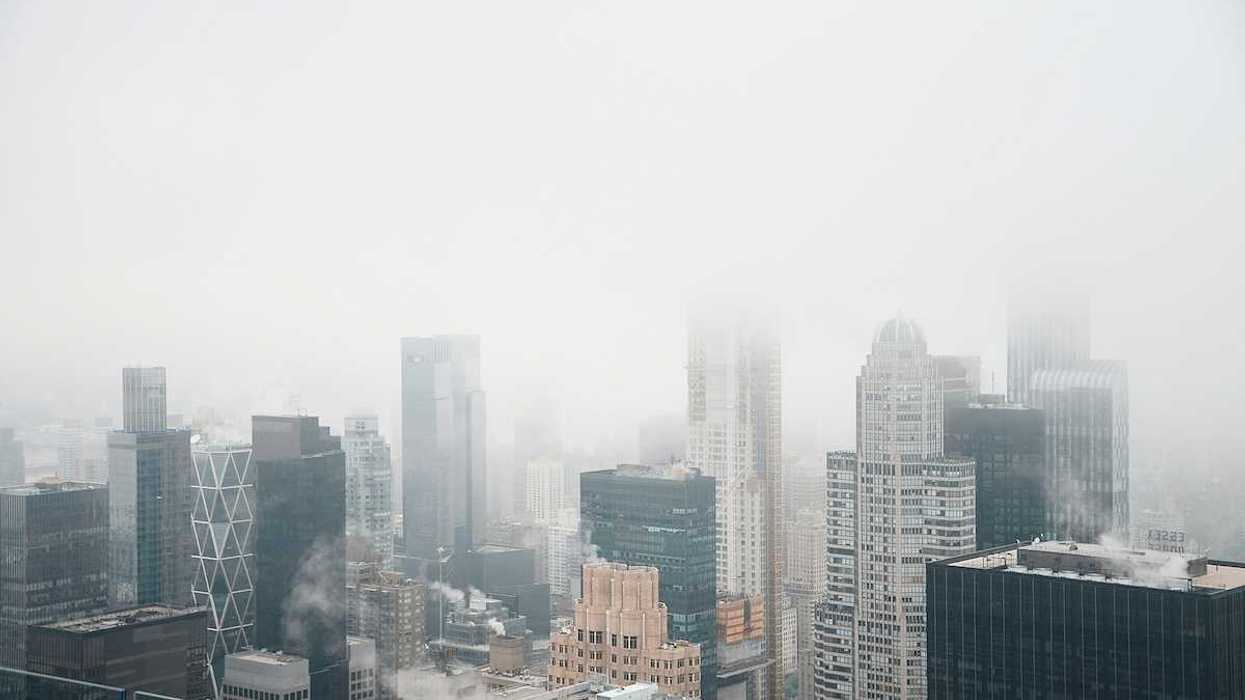A sweeping layoff at the federal agency responsible for workplace health has dismantled key black lung research programs and gutted mine safety operations.
Justin Hicks reports for Kentucky Public Radio.
In short:
- Nearly two-thirds of the National Institute for Occupational Safety and Health (NIOSH) workforce — about 900 employees — were laid off this week, including 400 mine safety researchers.
- Specialized branches in Pittsburgh, Morgantown, Spokane, and Denver that focused on coal miners’ health, including mobile black lung screening units and silica dust research labs, are being shut down.
- Former staff and analysts warn that no other federal agency performs NIOSH’s vital surveillance and prevention work, calling the cuts devastating to public health and safety.
Key quote:
“They’ve just destroyed all of NIOSH. We’re talking about research on policemen and firefighters… and the masks that we had [in the pandemic]? They’re all certified by NIOSH.”
— Scott Laney, NIOSH epidemiologist
Why this matters:
The abrupt dismantling of the National Institute for Occupational Safety and Health’s coal miner health programs is more than a bureaucratic shift — it’s a deeply consequential rollback of federal surveillance and research just as black lung disease resurges across Appalachia. Once considered a disease of older miners with decades underground, black lung is now increasingly seen in workers in their 30s and 40s, likely due to rising exposure to toxic silica dust from cutting through harder rock. The loss of this infrastructure leaves thousands of miners without routine screening and weakens the scientific backbone behind worker protections.
Related: Trump plan would close dozens of mine safety offices, leaving coal towns exposed



